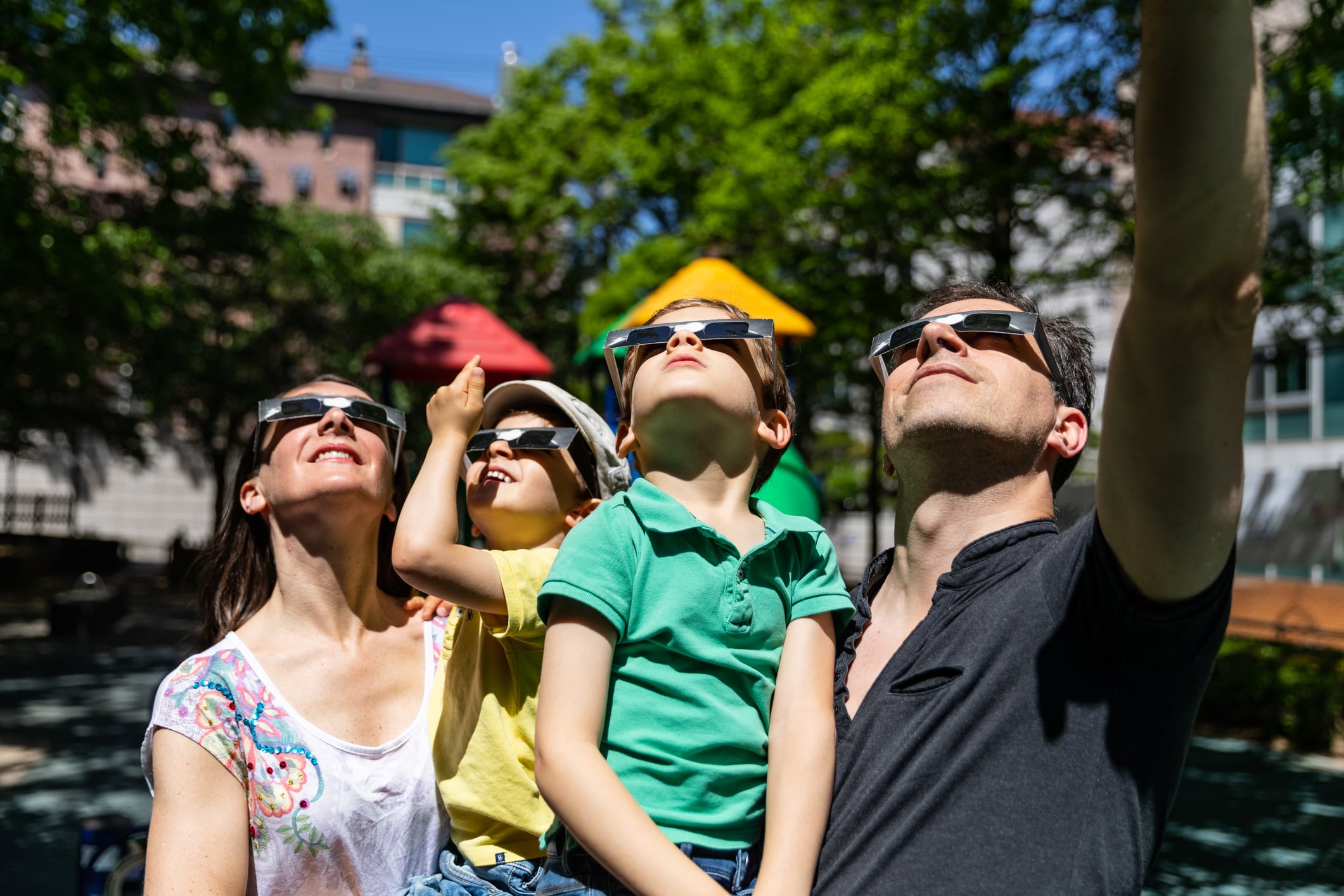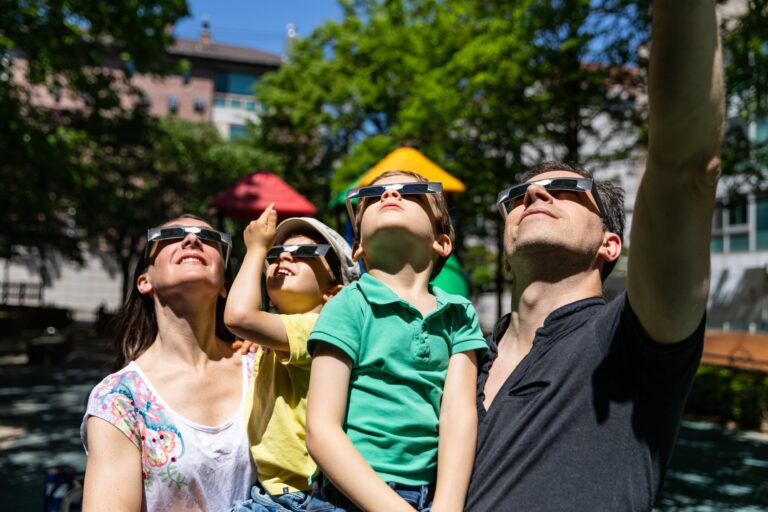A spectacular solar eclipse will be visible over eastern North Carolina on the afternoon of Monday, April 8th. However, ECU Health ophthalmologist Dr. Anne Ostrovsky emphasizes an important caution: don't stare directly at the eclipse without proper eye protection. Doing so can cause severe and irreversible damage to vision and vision and can lead to blindness.
A solar eclipse occurs when the moon blocks the sun's view for several hours.
According to Dr. Ostrovsky, looking directly at the sun during an eclipse can cause burns to the retina, even after a few seconds. This damage can cause a variety of visual impairments, including color distortion and decreased clarity. This risk also extends to viewing the Sun through optical aids such as camera lenses, telescopes, and binoculars.

“The effects of retinal damage from directly viewing a solar eclipse are often permanent, with symptoms appearing within 24 hours,” Dr. Ostrovsky said.
However, there is a safe way to observe a solar eclipse. Special eclipse glasses or pinhole cameras provide effective protection. It's important to note that eclipse glasses are very different from standard sunglasses.
Dr. Ostrovsky emphasizes the importance of using proper eclipse viewing equipment.
“Make sure you have certified eclipse glasses of the appropriate grade, and be sure to inspect them for signs of damage or wear before use,” Dr. Ostrovsky said.
If you suspect optical damage after a solar eclipse, contact your eye doctor immediately.
A solar eclipse promises an unforgettable sight, but remember that protecting your vision is a top priority during this awe-inspiring event.


